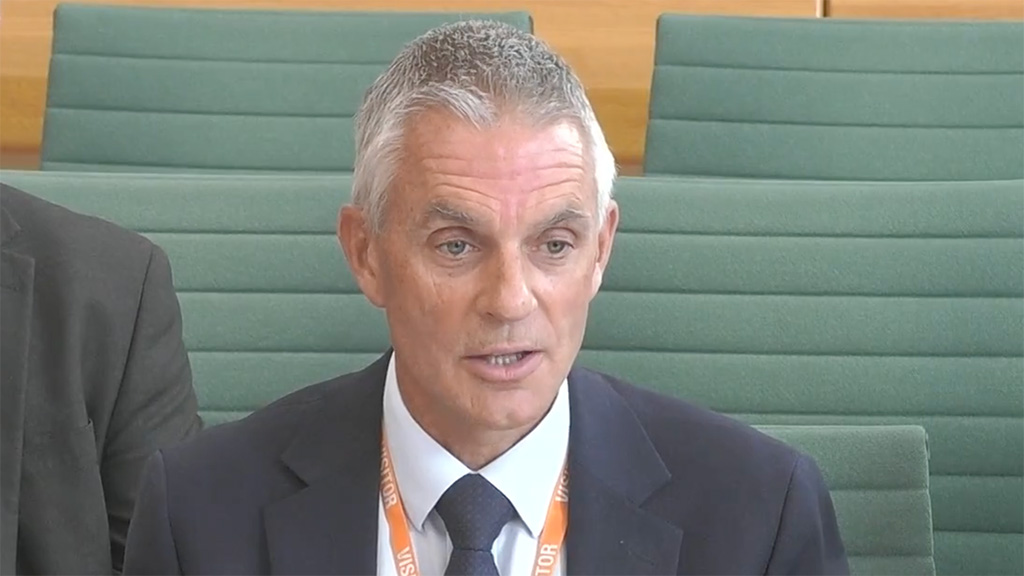The transition to online media delivery may seem technologically inevitable but putting a timescale on it is more challenging. The BBC has made noises about this for a while but still has no published plan. The head of the BBC was once again in front of a government committee defending his wicket recently, facing some fairly simple questions, but it seems the answers will have to come from government.
In March 2023, the Public Accounts Committee of the House of Commons reported that: “The BBC should develop a detailed plan including scenarios for how it could switch to an internet-only future, working with government, audience representatives and wider stakeholders, to ensure no-one is left behind.”
Back in front of the committee, Tim Davie, the director general of the BBC was asked how it was getting on.
“There has been some progress,” he said. “I think this is a big conversation that we should be having publicly. What we have said is that we need clarity over time from Government, because it is not something that the BBC can do alone in any way, shape or form. There has to be a decision from Government on whether they want to lay down the track and criteria by which a transition could happen.”

In terms of timescales, he said: “The BBC has no desire to have people who cannot get our services. The conversation is broader than the BBC, but unless you have universal provision of basic broadband of 20 megabits per second, or whatever it might be, to ensure that people can stream video, the BBC would have an issue with effecting the transition.”
“This is not my area of total expertise,” he said. “Part of it will be that they are just not connected yet; the other, is that they do not have a connection.”
“What we have to do, I think, is make sure the broadcast component of the BBC is very significant and retained through that period. We are already at the point where the vast majority of people have got broadband and can get all these services; they can go online and get the news. It would be absurd for us not to offer that service, but the idea that we are giving up on broadcast is not right. We remain utterly committed to DAB and DTT during this period.” He continued: “I do not want to see a position where anyone cannot get their television services from the BBC. That would be absurd.”
With a Government Green Paper due, to be followed by a White Paper and the question of the BBC Charter and its future funding, the director general suggested that the status quo was not an option.
“We cannot continue where we are. I just want to be clear about where the BBC is at: we will need reform of the licence fee. Just going on as we are and saying, ‘Look, it’s fine,’ is not a sustainable position,” he said. “We cannot just put our head in the sand and assume we are going to keep it. No one should be thinking we will just continue as we are going, in my view.”
He said that serious decisions are required about how we charge people and what is included. “Without that level of radicalism, I do not think we are going to safeguard public service broadcasting for a generation — I really don’t.”
The full video and transcript of the BBC Accounts and Trust Statement 2024-25 oral evidence to the Public Accounts Committee is available on the Parliament web site.
